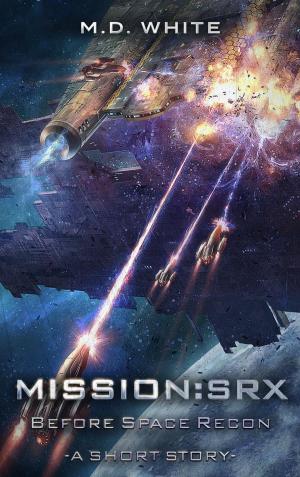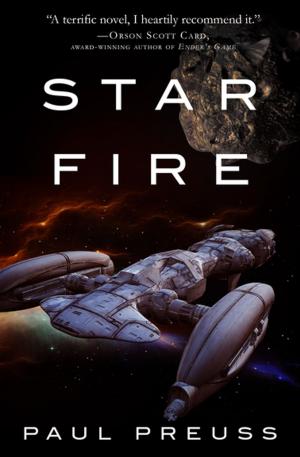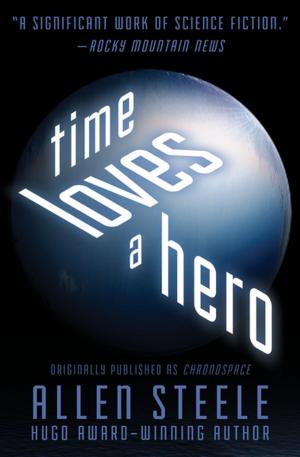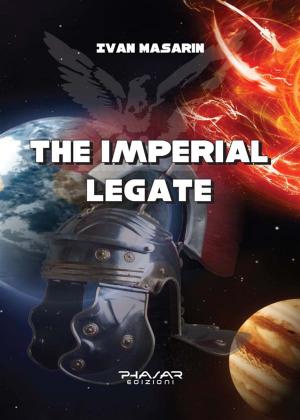| Author: | John Neil Hall | ISBN: | 9781452497747 |
| Publisher: | John Neil Hall | Publication: | May 11, 2011 |
| Imprint: | Smashwords Edition | Language: | English |
| Author: | John Neil Hall |
| ISBN: | 9781452497747 |
| Publisher: | John Neil Hall |
| Publication: | May 11, 2011 |
| Imprint: | Smashwords Edition |
| Language: | English |
SUMMARY OF THE NOVEL, HUFF’S RAPTURE This story of air power and palace intrigue is set in the middle of the 21st century. Although it is classified as war/military fiction, it is also a work that delves heavily into politics, science fiction and even philosophy. Vice President Ed Huff is summoned to the White House, informed that the president is dying and told that the world is facing a dire foreign policy showdown with Russia and Iran in the middle east. Thinking he is in command, he begins to lead American forces away from a nuclear holocaust, using the country’s conventional air superiority to disarm its enemies before they can set nuclear weapons in motion. Huff, as has been prearranged for him, takes charge of the largest invasion force in history – from aboard a hypersonic plane that can speed him to a battlefield and get him out of harm’s way before an adversary can barely notice him. Ducking in and out of weightless space, Huff has to fight not only an unidentified sickness that causes him to pass out several times but to keep ahead of an intelligence cabal back in Washington pressing for a pre-arranged nuclear solution. He does surprisingly well, assembling stealth bombers and attack fighters as well as penetrating rockets that denudes enemy nuclear forces. But Huff learns all his work could not stop the forward momentum leading to world nuclear Armageddon, even after treaties between the superpowers to limit their stocks of warheads and rockets. The title “Huff’s Rapture,” heavily laden with irony, has to do with the change of direction this book begins to take midway through and the surprise ending that is in store for readers in its final chapters. “I don’t want to ruin the ending for anyone, so I won’t explain what the title means,” Hall said. “You’ll understand when you’ve read it.” The novel sprang from Hall’s extensive coverage of hearings into the treaties that eventually limited the number of Soviet and American strategic missiles. Although it capped a wasteful, expensive and needless arms race by both sides, the Russian and American nuclear arsenals remain. “I remember one of the treaties was brought up in a closed session of the Senate and they later published a record of the debate. Old Senator Russell of Georgia made a speech in which he declared if there was a nuclear war and we had to start all over again with Adam and Eve, he wanted them to be Americans. I realized then we would always be whistling past the graveyard on this subject and I needed to write a book.” Hall keeps this book riveted on the future, however. Guessing the status of technology 40 years out, particularly for aviation, is difficult even for experts in the field, but Hall takes a shot at it. Hall asks: “ If it makes no sense having the wartime vice president hurtling around the heavens in a hypersonic plane, why does it make any more sense sending him to a cave or an underground “secure location?”
SUMMARY OF THE NOVEL, HUFF’S RAPTURE This story of air power and palace intrigue is set in the middle of the 21st century. Although it is classified as war/military fiction, it is also a work that delves heavily into politics, science fiction and even philosophy. Vice President Ed Huff is summoned to the White House, informed that the president is dying and told that the world is facing a dire foreign policy showdown with Russia and Iran in the middle east. Thinking he is in command, he begins to lead American forces away from a nuclear holocaust, using the country’s conventional air superiority to disarm its enemies before they can set nuclear weapons in motion. Huff, as has been prearranged for him, takes charge of the largest invasion force in history – from aboard a hypersonic plane that can speed him to a battlefield and get him out of harm’s way before an adversary can barely notice him. Ducking in and out of weightless space, Huff has to fight not only an unidentified sickness that causes him to pass out several times but to keep ahead of an intelligence cabal back in Washington pressing for a pre-arranged nuclear solution. He does surprisingly well, assembling stealth bombers and attack fighters as well as penetrating rockets that denudes enemy nuclear forces. But Huff learns all his work could not stop the forward momentum leading to world nuclear Armageddon, even after treaties between the superpowers to limit their stocks of warheads and rockets. The title “Huff’s Rapture,” heavily laden with irony, has to do with the change of direction this book begins to take midway through and the surprise ending that is in store for readers in its final chapters. “I don’t want to ruin the ending for anyone, so I won’t explain what the title means,” Hall said. “You’ll understand when you’ve read it.” The novel sprang from Hall’s extensive coverage of hearings into the treaties that eventually limited the number of Soviet and American strategic missiles. Although it capped a wasteful, expensive and needless arms race by both sides, the Russian and American nuclear arsenals remain. “I remember one of the treaties was brought up in a closed session of the Senate and they later published a record of the debate. Old Senator Russell of Georgia made a speech in which he declared if there was a nuclear war and we had to start all over again with Adam and Eve, he wanted them to be Americans. I realized then we would always be whistling past the graveyard on this subject and I needed to write a book.” Hall keeps this book riveted on the future, however. Guessing the status of technology 40 years out, particularly for aviation, is difficult even for experts in the field, but Hall takes a shot at it. Hall asks: “ If it makes no sense having the wartime vice president hurtling around the heavens in a hypersonic plane, why does it make any more sense sending him to a cave or an underground “secure location?”















